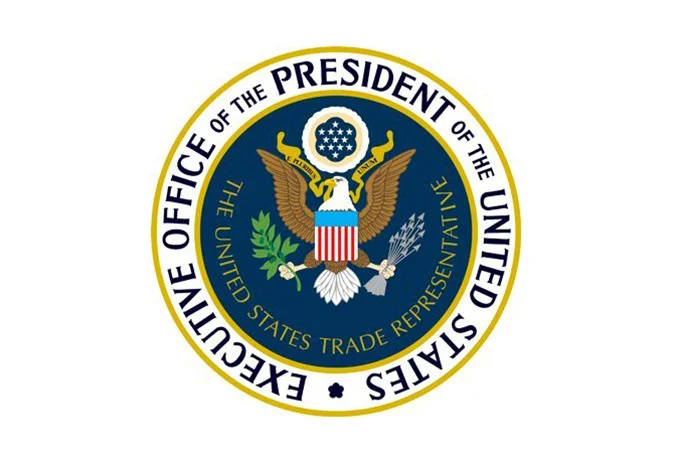The United States has slammed Nigeria’s continued import ban on 25 product categories. It accused the West African nation of erecting significant trade barriers that hinder market access for American exporters and result in lost revenue for U.S. businesses.
In a statement shared on its official X (formerly Twitter) page on Monday, the Office of the United States Trade Representative (USTR) expressed concerns over what it described as Nigeria’s “unfair trade practices.” The USTR highlighted that restrictions on key product categories—such as beef, pork, poultry, fruit juices, medicaments, and spirits—are hurting American exports, especially in the agricultural, pharmaceutical, beverage, and consumer goods sectors.
“These policies create significant trade barriers that lead to lost revenue for U.S. businesses looking to expand in the Nigerian market,” the USTR noted.
Nigeria’s Import Ban Policy Under Scrutiny
The import ban, which was first introduced by Nigeria in 2016, affects 25 categories of goods. Items on the restricted list include:
- Live or frozen poultry, pork, and beef
- Bird eggs
- Refined vegetable oil
- Cane or beet sugar
- Chemically pure sucrose
- Cocoa butter, powder, and cakes
- Spaghetti and noodles
- Fruit juices in retail packs
- Bottled water and non-alcoholic beverages
- Beer and stout
- Bagged cement
- Medicaments and waste pharmaceuticals
- Soaps and detergents
- Mosquito repellant coils
- Sanitary wares made of plastic
- Used and rethreaded tyres
- Corrugated paper and paperboards
- Recharge cards and vouchers
The policy was originally introduced to promote local production, conserve foreign exchange, and support Nigeria’s economic diversification efforts. However, U.S. authorities argue that it limits fair competition and disrupts supply chains involving American goods.
Rising Tensions Amid Global Tariff War
This trade friction comes shortly after U.S. President Donald Trump imposed a sweeping new tariff regime that affected multiple countries. Nigeria now faces a 14% tariff on its exports to the U.S., a move that has prompted the Nigerian government to assess the potential long-term economic implications.
Nigeria’s Minister of Finance and Coordinating Minister of the Economy, Wale Edun, said the federal government is reviewing the effects of the tariff escalation.
“We are going back to the drawing board to evaluate scenarios that may play out if the current global tariff situation persists,” Edun said. “While oil exports remain exempt, our non-oil exports face a 14% tariff—far less than countries like Vietnam at 46%, but still a cause for concern.”
Potential Impact on Nigeria’s Export Economy
Nigeria’s export portfolio to the United States remains heavily dominated by crude petroleum, mineral fuels, and gas products, accounting for over 90% of trade. According to the Minister of Industry, Trade and Investment, Dr. Jumoke Oduwole, non-oil exports—such as fertilizers, urea, lead, flour, nuts, and live plants—face new challenges under the evolving tariff landscape.
“A new 10% tariff on key non-oil categories could weaken the competitiveness of Nigerian products in the U.S. market,” Oduwole warned. “This development particularly threatens small and medium enterprises (SMEs) that previously benefited from African Growth and Opportunity Act (AGOA) exemptions.”
She emphasised that Nigeria is intensifying efforts to strengthen its non-oil export capacity by improving product quality assurance, traceability, and compliance with international standards to increase market access globally.
Nigeria Plans Local Production of Solar Panels
In a related development, the Nigerian government announced plans to halt the importation of solar panels to promote local manufacturing and support its clean energy transition. This policy shift aligns with the broader strategy to reduce dependency on imports and stimulate industrial growth.




















